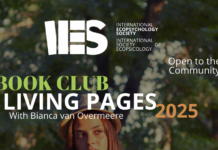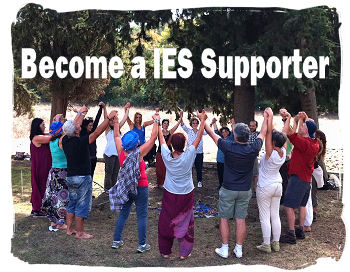Having experienced personal losses during the past two years – my mother, then my mother-in-law, followed by my beloved dog – I notice that I and others around me are responding to this pandemic in ways similar to those of loss and grief. These can include anxiety, loneliness, fatigue, helplessness, shock, numbness, guilt, avoidance, crying, despair, reorganising behaviour, and a variety of coping strategies.
In addition to the trauma and pain of those suffering directly from the virus or losing people to it, there are also indirect psychological losses as the pandemic sweeps through our communities:
- Death of the status quo – our lives are dramatically altered, and after the virus our world will not be the same.
- Loss of physical closeness – we are unable to touch our loved ones, or guide and comfort those who are ill or dying.
- Loss of financial security – the current economic system is unstable and unsustainable. The financial losses experienced by all are frightening and potentially devastating.
- Loss of our illusion of separateness from the natural world – we realise now how vulnerable and ecologically interdependent we are.
- Loss of freedom and control – it is our need to regain a semblance of control that catapults some into hoarding food and toilet paper, reflecting a state of oral and anal regression.
- Loss of our ability to distinguish between reality and fiction – our current circumstances can feel like a sci-fi movie.
But loss and death are necessary for rebirth. Jonathan Edwards and Julia Hartsell[1] describe how the chrysalis stage of the caterpillar is preceded by overconsumption. To become a butterfly, the caterpillar must first retreat into its cocoon and completely disintegrate to its very essence, a process that can take up to 21 days – the length of the initial lockdown period in many countries. Unable to resist this transition, the caterpillar has to surrender to the shift in being. Then, having lost everything, the butterfly starts to put itself together again from its liquid essence. Interestingly, studies show that while a butterfly may not remember being a caterpillar, it can remember experiences it learned as a caterpillar.
Could the virus represent a wake-up call for us, to reflect on our own overconsumption of the planet’s resources and the literal consumption of animals in the wet markets where the virus emerged? Is it a signal that it is time for transformation? Death has to occur for transition and rebirth to happen, not just for the caterpillar, but also for humanity. Sarah Edwards and Linda Buzzell[2] call this ‘the waking up syndrome’ that consists of denial, semi-consciousness, realisation, a point of no return, despair, guilt, hopelessness, and powerlessness, and then finally acceptance, empowerment and action.
In his book ‘Ecological Intelligence’,[3] Dr Ian McCallum says: ‘The decoding of the human genome tells us that we are indeed related to the animals, the insects, and the plants, and that, like it or not, Earth is where we belong.’ Hopefully, this crisis will be a reminder to us where our home is. As George Engel says: ‘The process of mourning should be compared to the process of healing.’
Mariposa
Butterflies are white and blue
In this field we wander through.
Suffer me to take your hand.
Death comes in a day or two.
All the things we ever knew
Will be ashes in that hour,
Mark the transient butterfly,
How he hangs upon the flower.
Suffer me to take your hand.
Suffer me to cherish you
Till the dawn is in the sky.
Whether I be false or true,
Death comes in a day or two.[4]
[1] https://www.heartwardsanctuary.org/post/what-if-the-virus-is-the-medicine?fbclid=IwAR0jLxhf68-SBTnKMS_FtL4HwZX7CUQdOGsJVhNBOVTUWy5Ty3snBi5_ujQ
[2] https://www.huffpost.com/entry/the-waking-up-syndrome_b_248073?guccounter=1
[3] McCallum, I. (2005). Ecological Intelligence. Cape Town: Africa Geographic
[4] From ‘Second April’ by Edna St Vincent Millay











